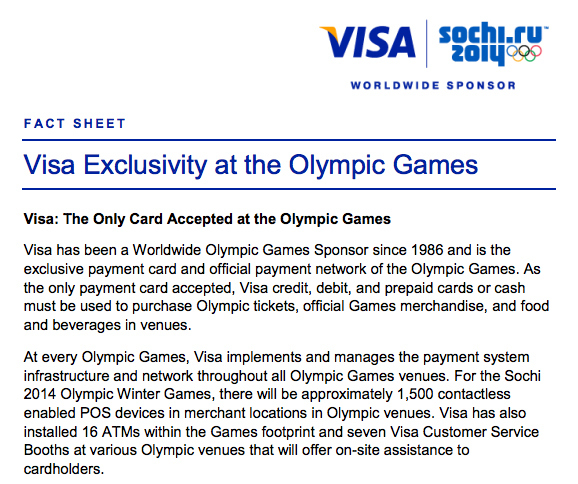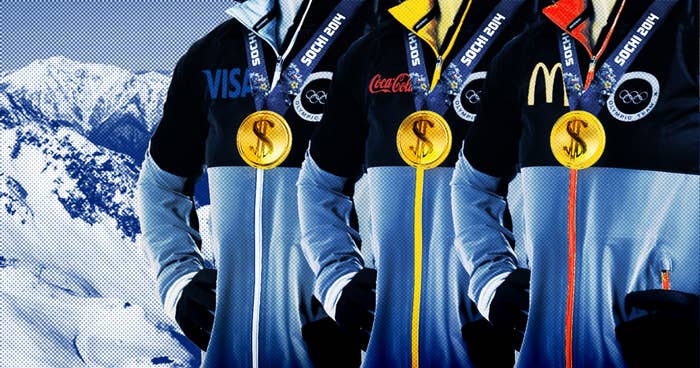
WASHINGTON — With the Winter Olympics opening ceremony in Sochi just days away, the top Olympic sponsors have largely stayed on the sidelines of the disputes over Russia's anti-LGBT laws and other human rights issues.
The sponsors have nearly universally backed the International Olympic Committee, whose president, Thomas Bach, this week accused politicians not attending the games of using the Sochi games to make a political statement "on the backs of the athletes."
The IOC's sponsorship program — called The Olympic Partners, or TOP — likely is part of the reason the sponsors all have backed the IOC, as the program "operates on a four-year term – the Olympic quadrennium," which means the sponsors also will be working with the IOC for the larger, upcoming Rio Summer Olympics in 2016.
The Sochi and Rio games are big business for the 10 TOP sponsors — in terms of brand recognition, marketing rights, and sales connected with the Olympics — and some sponsors, including Coca-Cola and Omega, already are contracted with the IOC through the 2020 games.
As Visa announced plainly on its site, "Sponsoring the Olympic Games makes good business sense for Visa and our clients."
The other seven TOP sponsors are: Atos, Dow, GE, McDonald's, Panasonic, Procter & Gamble, and Samsung.
When BuzzFeed sought information from the TOP sponsors in August 2013 about their view of Russia's then-new anti-LGBT propaganda law, several provided BuzzFeed with identical language backing the IOC's position that it has received assurances from the Russian government that the games will not be affected by the law. Notably, a GE spokeswoman was an exception, going further than the others and telling BuzzFeed, "We expect the IOC to uphold human rights in every aspect of the Games."
Two weeks after BuzzFeed published its story, the Human Rights Campaign sent a letter to the TOP sponsors, asking them to speak out against Russia's new law and asking them to ask the IOC to take action as well. Nothing happened.
After that first story, the TOP sponsors, generally, have either not responded to BuzzFeed's requests or not responded with any substantively different statements.
This past Friday, HRC was joined by Human Rights Watch, All Out, and 37 other groups in a letter sent to all the TOP sponsors seeking action. They asked the companies' CEOs to "use your voice to insist on changes that will make a difference in the future." The letter asks the companies to "condemn Russia's anti-LGBT law," use their advertising during the Olympics "to promote equality during the weeks leading up to and during the Games themselves," "ask the IOC to create a body to monitor serious Olympics-related human rights abuses in host countries as they occur," and asks the IOC to ensure that future host countries "honor their commitments to upholding the Olympic Charter, including Principle 6 which forbids discrimination of any kind."
The 40 groups — which included U.S., Russian, and global groups — concluded, "Discrimination has no place in the Olympics, and LGBT people must not be targeted with violence or deprived of their ability to advocate for their own equality. We cannot be silent on how Russia's anti-LGBT law violates this very standard to which we aspire. As all eyes turn toward Sochi, we ask you to stand with us."
Here's a look at the TOP sponsors in the Olympics, and how they're using the games to promote their global brands.
Coca-Cola: The "Exclusive Non-Alcoholic Beverage"

Coca-Cola has the oldest corporate relationship with the Olympics. The company itself notes:
"Coca-Cola is the longest continuous supporter of the Olympic movement, with a relationship dating back to 1928. The company has been involved with the Olympic Torch Relay since 1992."
Here's what the IOC has to say about Coca-Cola's benefits and ongoing relationship with the Olympics:
Coca-Cola refreshes Olympic athletes, officials and spectators with its beverages during the Olympic Games. The company has developed a strong tradition of creating programmes and events to bring the spirit of the Games to consumers in Olympic host cities and around the world. Coca-Cola also works closely with National Olympic Committees to support athletes and teams in approximately 190 countries. Coca Cola became a charter member of the TOP Programme in 1986 under the exclusive product category of non-alcoholic beverages. In 2005, The Coca-Cola Company and the IOC extended their partnership agreement for an unprecedented 12 years until 2020.
For the torch relay, Coca-Cola spread its brand throughout the country, as it noted on its website: "Coca-Cola is accompanying the relay on all segments of the route, which will reach 90 percent of Russia's population in 83 regions. Brand ambassadors greet spectators from Coca-Cola trucks and hand out special cheering sticks, limited-edition Coca-Cola bottles and cans, flags and more."
The company faced questions about the arrest of an rainbow flag-waving activist along the torch relay and questions about a Coca-Cola South African website promotion that excluded the word "gay."
In the midst of this criticism, Coca-Cola last weekend aired a Super Bowl ad promoting diversity, which included a gay couple:
Atos: The "Worldwide IT Partner"
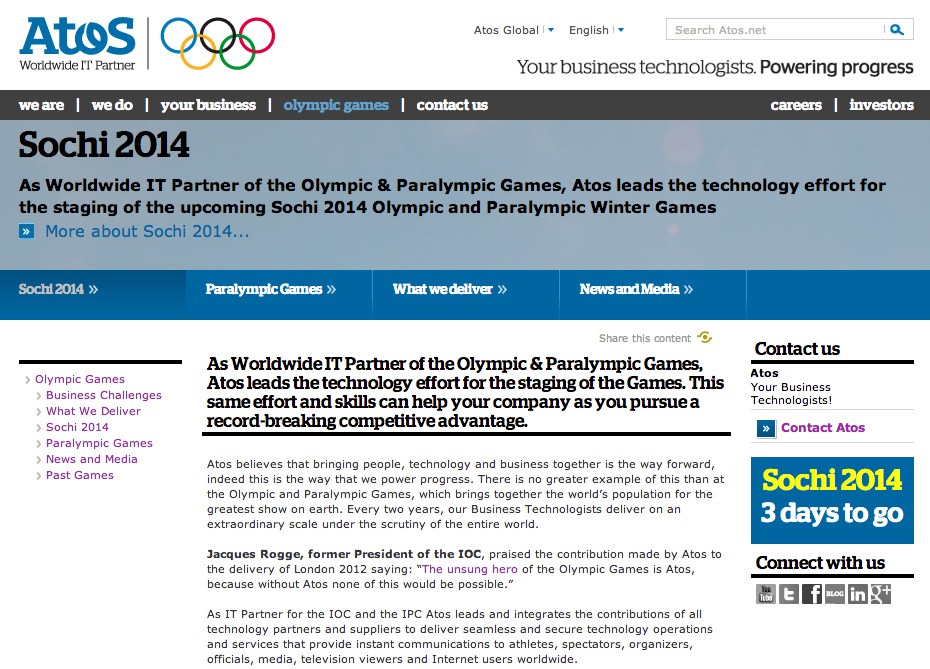
Atos proudly promotes its work with the Olympics, noting:
As Worldwide IT Partner of the Olympic & Paralympic Games, Atos leads the technology effort for the staging of the Games. ... Atos believes that bringing people, technology and business together is the way forward, indeed this is the way that we power progress. There is no greater example of this than at the Olympic and Paralympic Games, which brings together the world's population for the greatest show on earth. Every two years, our Business Technologists deliver on an extraordinary scale under the scrutiny of the entire world.
The IOC describes Atos' work as follows:
Atos manages and integrates the contributions of all technology partners and suppliers to deliver seamless and secure technology operations and services that provide instant communications to athletes, spectators, organisers, officials, media, television viewers and Internet users worldwide.
To that end, Atos details its work:
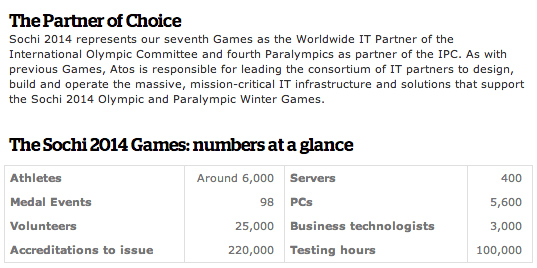
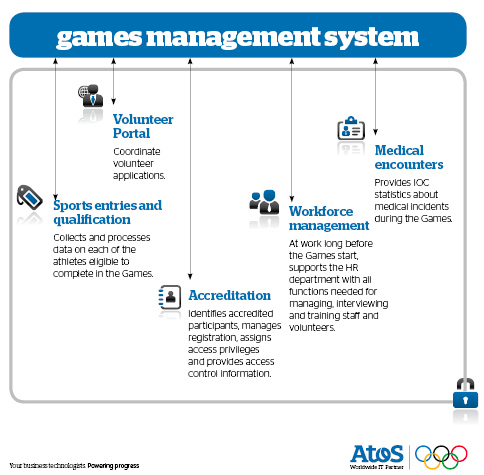
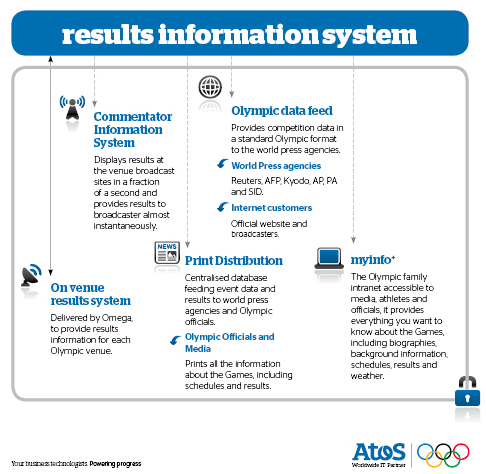
Dow: The "Official Chemistry Company"
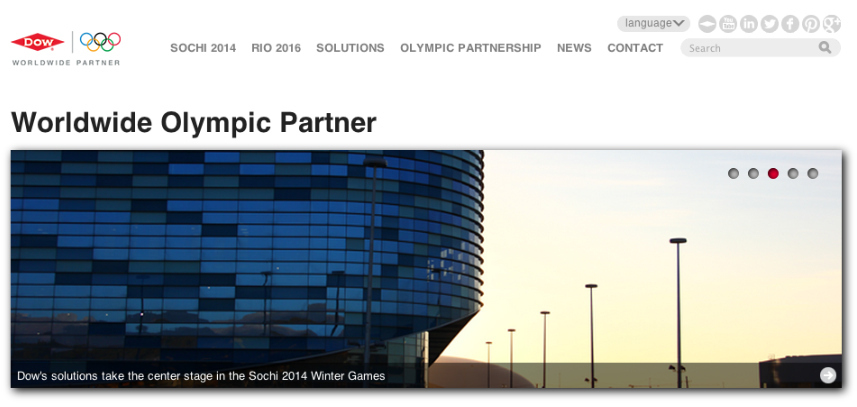
Dow is relatively new as a top sponsor, stating on its site that it "became The Official Chemistry Company and a Worldwide Partner of the Olympic Games in 2010."
As it notes, "Dow is in a unique position to provide innovative and more sustainable solutions that improve the Olympic experience for host territories, athletes and fans everywhere — on the field of play and in our day-to-day lives."
But, with a convert's zeal, its site is flush with explanations of its role at Sochi:
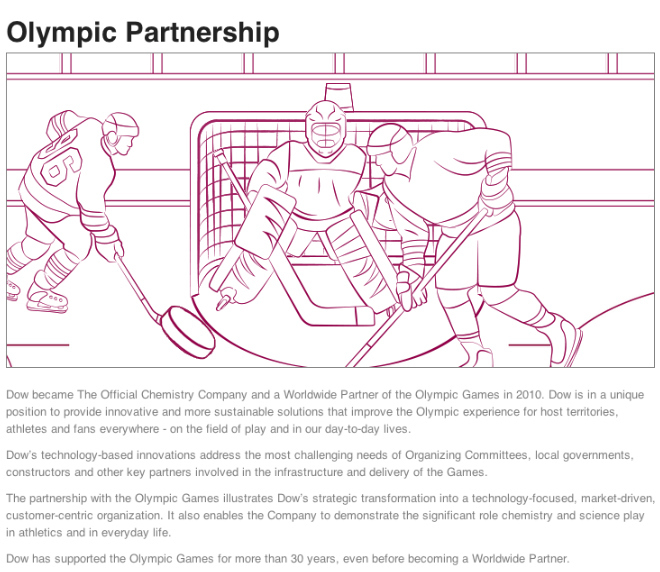
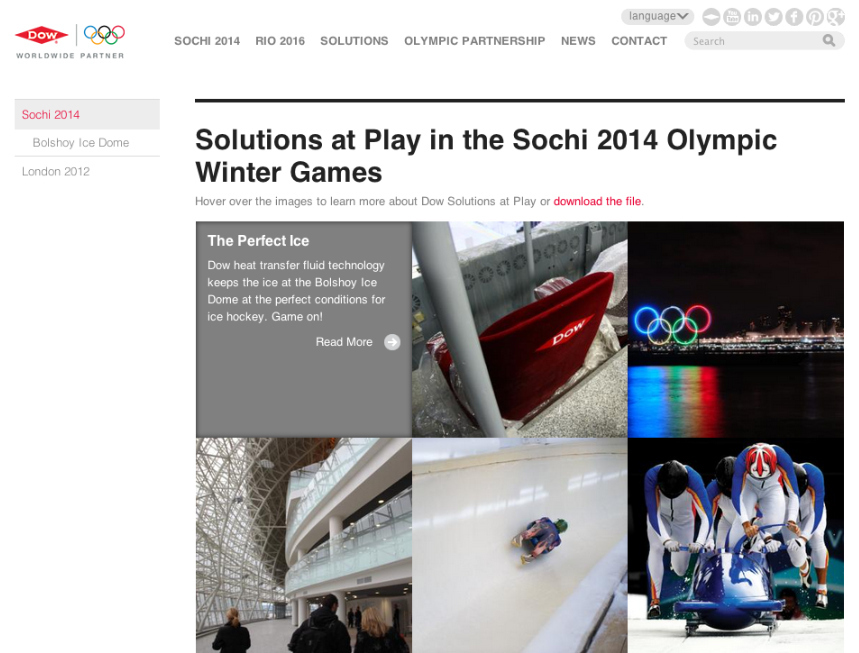
And, two different documents detail its work on the Bolshoy Ice Dome and Sliding Center Sanki:

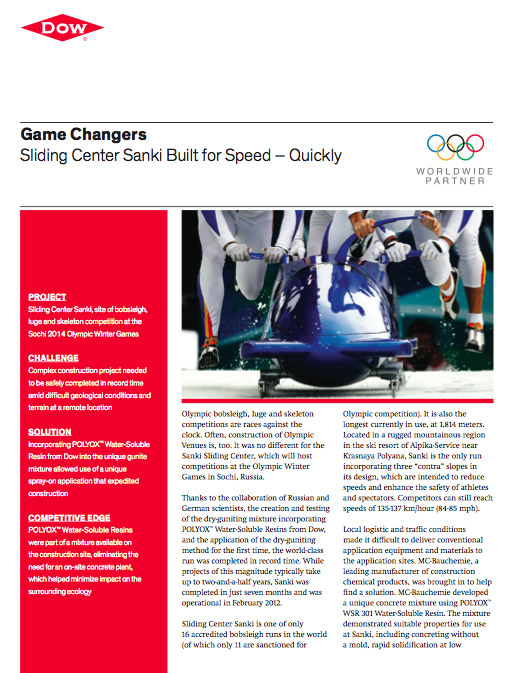
GE: The "Exclusive Energy Generation and Distribution Systems"
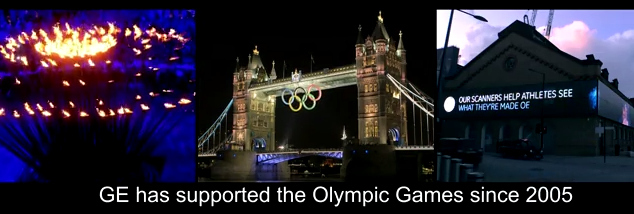
Although GE isn't saying much about its involvement in the games, the IOC described GE's extensive involvement in the following exclusive product or service categories:
Energy Generation Systems, Energy Distribution Systems, Healthcare: Diagnostic Imaging, Monitoring and Electronic Medical Records Technology, Lighting Fixtures & Systems, Aircraft Engines, Rail Transportation, Water Treatment Facilities & Services, Equipment & Transportation Management
In an entry on its own website, GE detailed its work:
GE will help Sochi and Rio handle the rigors of Olympic planning. In Sochi, for example, the organizers are building 11 sports venues, a new Olympic Village, and a mountain skiing center in the nearby Western Caucasus. Russia plans to transform Sochi from a summer resort (Maria Sharapova started playing tennis in the city) to an international year-round destination.
GE technology such as advanced power plants that use jet engines to generate electricity and burn cleaner natural gas will provide electricity for the Games, and for the city. Engineers call the technology "aeroderivative" turbines, and GE is the world's largest aeroderivatives manufacturer.
[Update at 1:55 p.m. Feb. 6: A GE spokesperson notified BuzzFeed that its "GE Reports" website had been updated over the past week, leading to changes in the URL for its post on Sochi. The spokesperson also noted that GE has an Olympic Fact Sheet, detailing its involvement in the games.]
McDonald's: The "Official Restaurant"
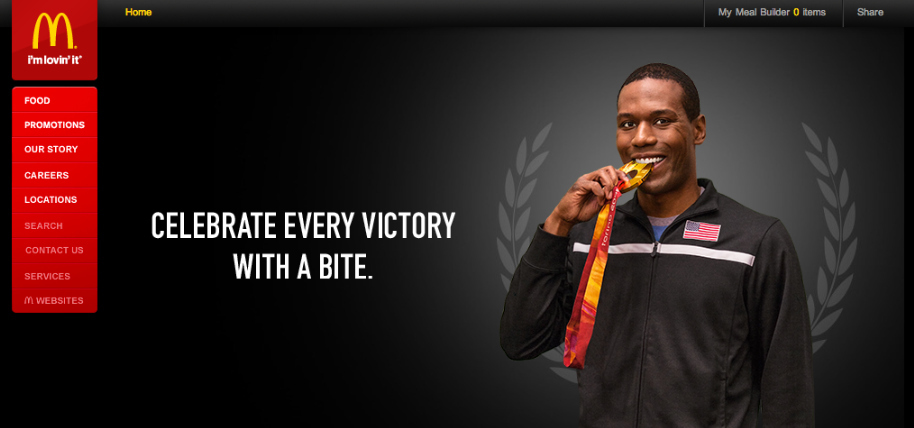
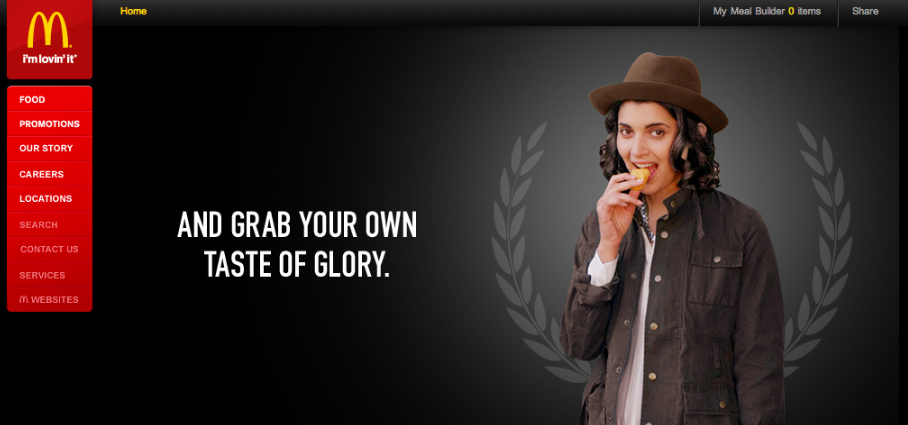
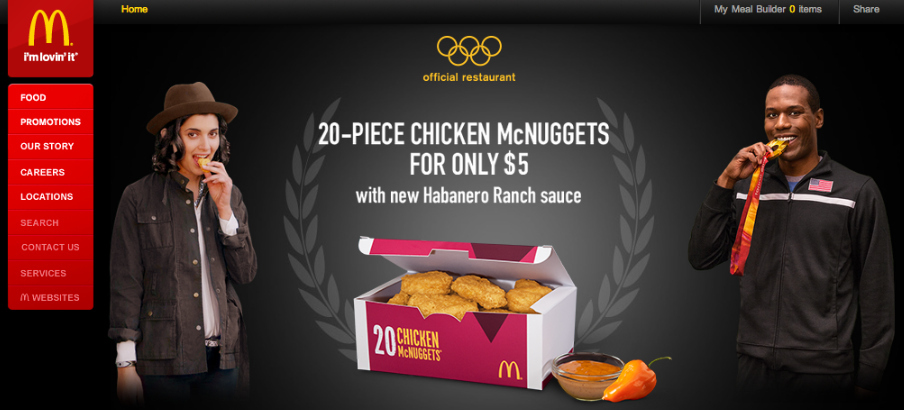
As the "official restaurant" of the Olympics, McDonald's gets its history with the games promoted by the IOC:
McDonald's commitment to the Olympic Movement began in 1968, when the company airlifted hamburgers to U.S. athletes in Grenoble, France, after they reported being homesick for McDonald's food. Since then, the company has served its menu of choice and variety to millions of athletes, their coaches, families and fans. Sochi 2014 marks the tenth consecutive Games with McDonald's as the Official Restaurant, serving Olympic athletes and fans at the Games.
And its ad campaign goes right along with that:
View this video on YouTube
Omega: The "Official Timekeeper"

Omega is aggressive in its promotion of its Olympic role, with a page on its website detailing the "highlights of Olympic timekeeping."
"No timekeeper in the world has a longer or closer relationship with the Olympic Movement than OMEGA," it states. "The brand works regularly with the governing federation of each sport to ensure the equipment used to measure the athletes' performances are adapted to meet the needs of the competition."
As the IOC describes it:
The Swatch Group Ltd. is a long-time worldwide Olympic supporter and licensee that has provided time pieces and timing services for the Olympic Games — with only three exceptions — since Los Angeles in 1932. The Swatch Group Ltd. became a Worldwide Olympic Partner by joining the TOP Programme in 2004. Omega and its parent company, the Swatch Group, will carry on its Olympic role through the 2020 Olympic Games.
Specifically, Omega notes:
In 2014, OMEGA proudly assumes the responsibilities of Olympic Games Official Timekeeper for the 26th time since 1932. The Olympic and Paralympic Winter Games in Sochi are bound to be marked with thrilling competition in a city filled with rich culture and a lively atmosphere.
Panasonic: The "Exclusive Audio, Television, Video Equipment"
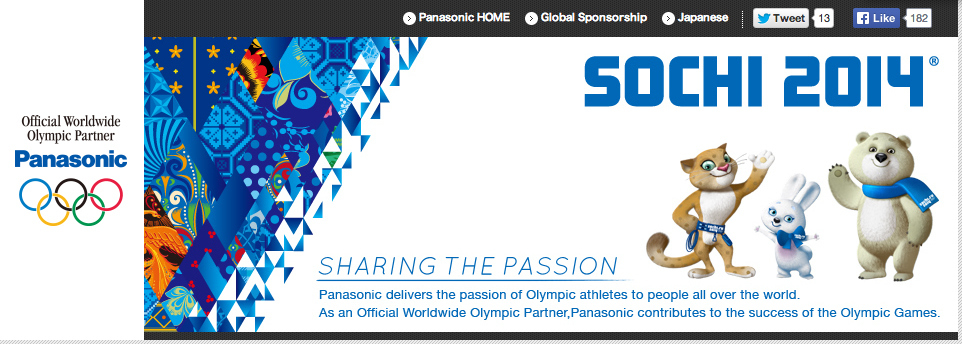
Panasonic announced on Jan. 24 that it "has supplied the largest quantity of security cameras in the history of the Olympic Games and the largest amount of LED large screen displays by area ever for the Olympic Winter Games."
As the IOC details:
Panasonic Corporation provides the Olympic Games with state-of-the-art digital audio/video equipment, such as flat screen TV, digital video camera, DVD recorder, and professional audio/video equipment. ... Panasonic began its involvement with the Olympic Games in 1984 in Los Angeles as the supplier of the professional sound system and large video display for the main stadium. The company became a Worldwide Olympic Partner in 1987 when it joined the TOP Programme as a charter member. Panasonic's exclusive product category is Audio, Television, Video equipment, including Car Navigation, and Multimedia Products.
The company detailed, in part, what that means:
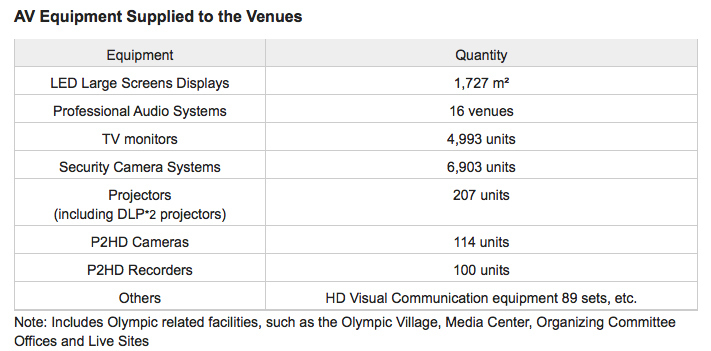
Panasonic produced this video in 2013, which starts off with a voiceover stating, "Sochi: A new drama is about to begin." Watch:
View this video on YouTube
Here's Panasonic's "One Year to Go" video, also from 2013, detailing its work in Sochi:
View this video on YouTube
Update at 11:40 p.m.: The International Olympic Committee announced Thursday local time that "it has reached an agreement with Panasonic to extend its Worldwide TOP Partnership through to 2024."
"We are thrilled to be able to announce that we will continue to work with our long-term Partner Panasonic," IOC President Thomas Bach said in a statement. "Panasonic was one of the founding members of our global sponsorship programme, and is the first Partner to commit to continue its global sponsorship through 2024. This is a clear demonstration of Panasonic's continuing belief in the Olympic values and the company's global commitment to the Olympic Movement."
Procter & Gamble: The "Exclusive Personal Care And Household Products"
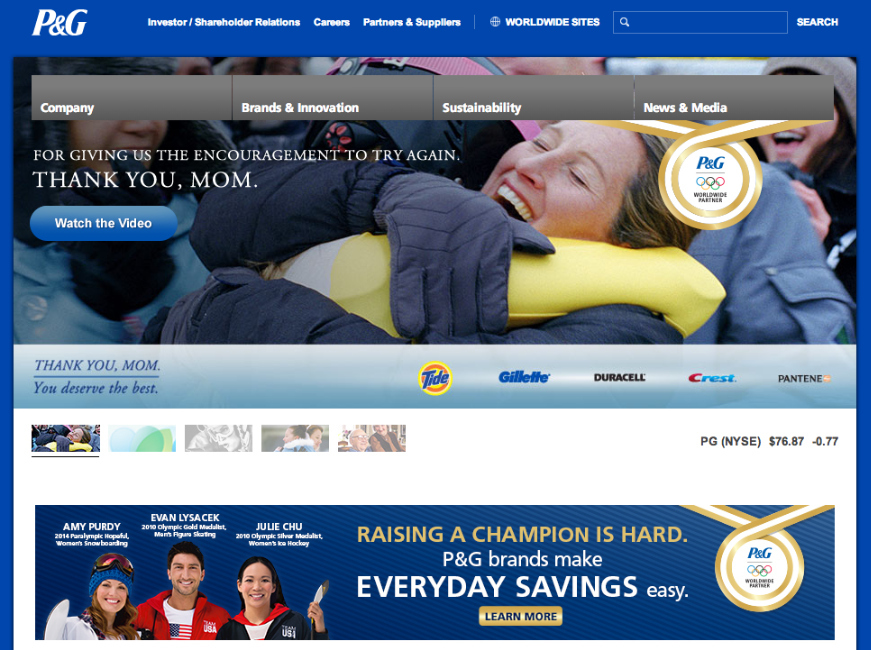
Procter & Gamble gets a lot of exposure for its many brands at the Olympics, as it detailed in January, including the "P&G Family Home" in the Olympic Park:

P&G focuses on the athletes, aggressively marketing and branding its products alongside the Olympians:
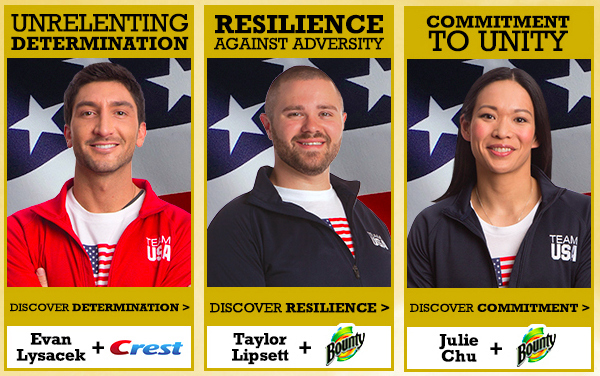
And here's one of P&G's many ads:
View this video on YouTube
Samsung: The "Exclusive Wireless Telecommunications Equipment"
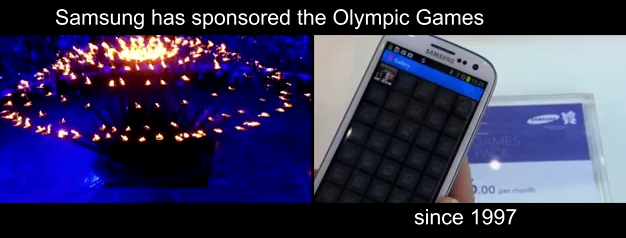
According to the IOC:
Samsung provides wireless telecommunications equipment to the Olympic Family to support the operations of staging the Olympic Games. With its wireless telecommunications equipment, Samsung also helps Olympic athletes share their experiences with family and friends around the world. Samsung's commitment to the Olympic Games is one of the company's most significant efforts in promoting international goodwill. Samsung became a Worldwide Olympic Partner when it joined the TOP Programme in 1997 under the category of wireless telecommunications equipment.
Visa: The "Exclusive Payment Card"
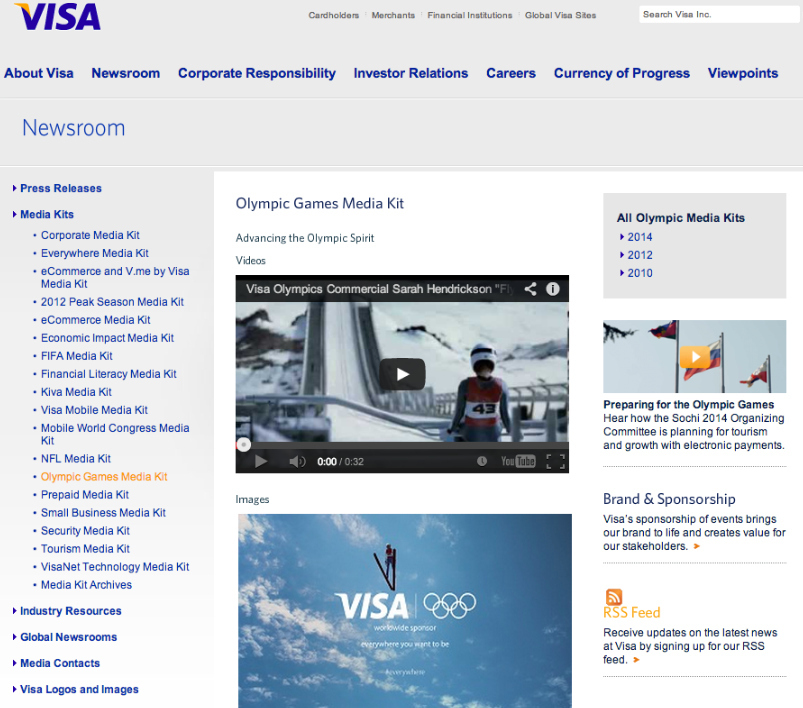
Visa and the Olympics have a prominent connections, with Visa's "exclusive" connection to the Olympics being a significant part of its longtime "everywhere you want to be" branding.
As the IOC details:
Visa is the exclusive payment card and the official payment system for the Olympic Games, providing payment services to Organizing Committees and Olympic spectators. ... Visa has been a Worldwide Olympic Partner since 1986 and has been one of the three top sponsors of Paralympic Games since 2002 when the company first performed in Salt Lake City.
Visa itself explained further:
At every Olympic Games, Visa implements and manages the payment system infrastructure and network throughout all Olympic Games venues and official Olympic Games retail merchandise locations. For the London 2012 Olympic Games, there were approximately 3,200 contactless enabled POS devices in merchant locations in Olympic venues that included Olympic Park, North Greenwich Arena, Excel, Wembley Stadium and Wimbledon.
Here's Dmitry Chernyshenko, the president of Sochi 2014 Organizing Committee, praising Visa...
...in this Visa video explaining the company's involvement in Sochi:
View this video on YouTube
And, here is what Visa gets:
